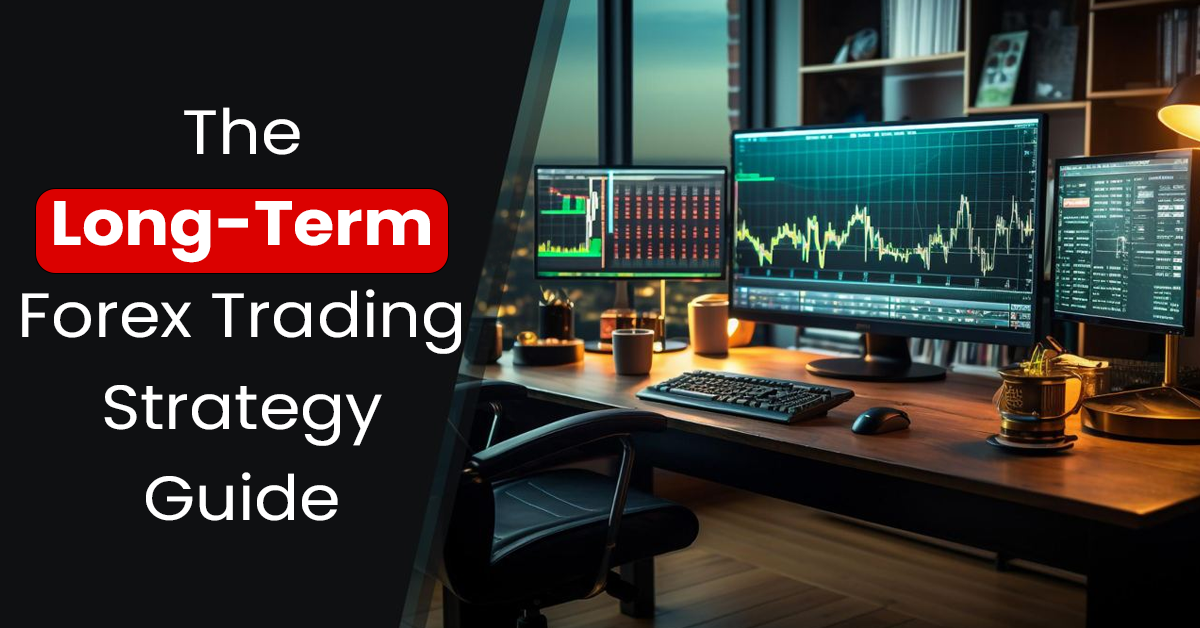This article delves into long-term Forex trading strategies, outlining best practices and key considerations for traders. While many professional traders are drawn to day trading due to its excitement and potential for quick profits, long-term (positional) traders can also see significant gains over time.
Introduction to Long-Term Forex Trading
Can you trade Forex long-term? Many are familiar with short-term strategies like day trading, but long-term Forex trading is also quite popular.
Some traders believe long-term trading offers better profit potential than day trading, though results vary based on individual experience. Ultimately, whether long-term trading is superior comes down to personal preference. This article aims to provide a clear overview of what long-term Forex trading entails and important factors to keep in mind when adopting this approach.
Understanding Long-Term Currency Trading
Before diving into the mechanics of long-term Forex trading, it’s crucial to understand what it involves. Traders who adopt this strategy aim to earn at least 200 pips per trade, though they have fewer opportunities compared to day traders. This requires careful preparation and extensive knowledge.
Long-Term Trading Strategies
What’s the best strategy for Forex trading? While there isn’t a definitive answer, long-term positional trading is a popular approach. This strategy involves identifying and riding a trend over weeks or even months. In some cases, traders may follow a trend for over a year.
In this strategy, traders buy based on expectations and sell based on facts. For example, in 1992, speculators like George Soros shorted the British pound, doubting the UK’s ability to maintain fixed exchange rates. When the UK pulled the pound from the European Exchange Rate Mechanism (ERM), Soros made over £1 billion. When trading a currency pair like GBP/USD, it’s essential to consider economic events in both the UK and US.
Examples of Long-Term Forex Trading
Let’s explore an example of a long-term Forex trading strategy. Imagine you’re a trader based in the US, and recent political events suggest a potential impact on the USD. You analyze the situation and predict where the USD is headed.
If your analysis is correct, you may open a USD pair position to reflect your expectations. However, it’s essential to consider the second currency in the pair. If you’re seeking stability, you might choose a quote where the second currency is less affected by external factors, such as the USD/JPY pair, given Japan’s historical currency stability.
Once your predictions are in place, create a detailed list of expected events and their possible outcomes. This is key to developing a robust long-term Forex strategy or any other long-term currency trading approach.
Key Practices for Successful Long-Term Trading
While traders use varying approaches, some general principles can enhance long-term Forex trading strategies. These principles are centered on risk management and the nature of the Forex market.
- Avoid Emotional Trading
Emotional decision-making can derail your trading success. Stick to your strategy regardless of fluctuations. For each trade, set a clear profit target and stop-loss. Define these parameters before starting any long-term Forex strategy. - Use Low Leverage
When employing a long-term strategy, use small volumes relative to your margin. This helps you weather market volatility without prematurely triggering stop-losses. - Monitor Swaps
Swaps, the fee for holding positions overnight, can affect your profits. While some swaps are positive, many are negative, so it’s important to account for these fees when planning long-term trades. - Effort vs. Return
Even the best strategy won’t always meet your profit expectations. If you use minimal leverage and capital, your returns may be proportionally small. Always evaluate the time and effort spent on trading relative to your potential monetary gains.
Conclusion
Long-term Forex trading offers distinct advantages compared to short-term approaches and may suit certain traders better. Whether you’re just starting or looking to refine your existing strategy, understanding the essentials of long-term trading can help you make more informed decisions.












